
Liver cancer treatment means using medical methods to remove, shrink, or control the growth of cancer in the liver. Liver cancer happens when abnormal cells grow in the liver and form a tumour. These cells grow quickly and can stop the liver from working properly. When cancer develops, the vital functions of the liver are affected.
Doctors divide liver cancer into two main types: primary liver cancer, which starts in the liver, and secondary liver cancer, which spreads from another organ.
A common misunderstanding is that liver cancer cannot be treated. But the truth is, many treatments can help stop the cancer, slow it down, or remove it completely - especially if found early.
The early signs of liver tumour are often subtle and may be overlooked. Patients may notice mild abdominal discomfort, unexplained tiredness, or a slight loss of appetite. In some cases, early tumours are detected only through routine health checks or imaging scans.
The treatment of liver cancer includes options like surgery, chemotherapy, radiotherapy, and targeted medicine. The right option depends on the size of the tumour, how far it has spread, and the patient’s health.
The main goals of treatment are to:
Early diagnosis is important. Receiving timely and appropriate treatment greatly increases the chances of better recovery and outcomes.

Liver cancer treatment is essential to stop the spread of cancer, protect liver function, and improve the patient’s quality of life. Without timely care, the liver may fail to perform its vital functions, such as filtering blood, aiding digestion, and storing energy. With proper treatment, many patients can manage symptoms, control the disease, and live longer, healthier lives.
Some of the most common causes of liver cancer include:
Liver cancer symptoms often appear late and may be confused with other digestive problems. Recognising them early is important for timely treatment. Key symptoms include:
In advanced stages, recognising the signs of death in a liver cancer patient is crucial for providing comfort and effective palliative care. These signs may include extreme weakness, confusion, difficulty breathing, loss of appetite, and increased sleepiness.
Families should stay closely connected with doctors to ensure the patient receives appropriate support and care during this stage.
While these symptoms signal the disease’s progression, regular check-ups and scans remain the most reliable way to detect liver cancer early, particularly for those with risk factors such as hepatitis, alcohol use, or a family history of the disease.
Doctors recommend liver cancer treatment when:
Early diagnosis and treatment can greatly improve outcomes. If you or someone you know has these symptoms, myheco can connect you with leading cancer specialists in the world.
Many world-class hospitals provide specialised care for liver cancer patients. These centres feature advanced technology, experienced oncology teams, and dedicated support for international patients.
Leading hospitals for liver cancer care include:
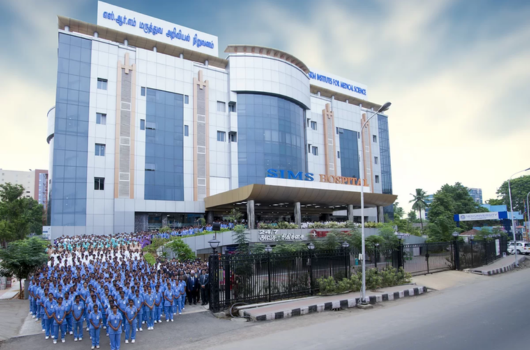
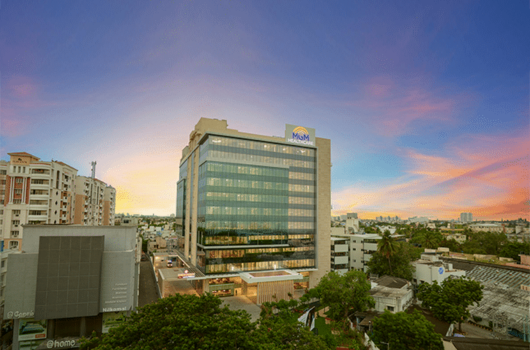
.png)

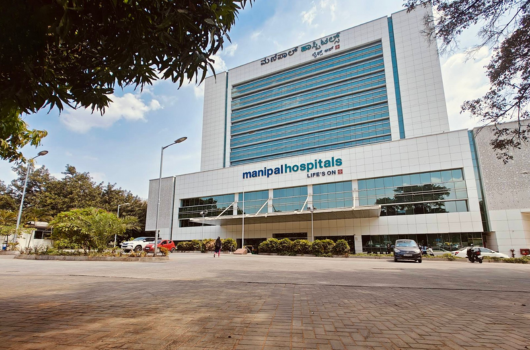
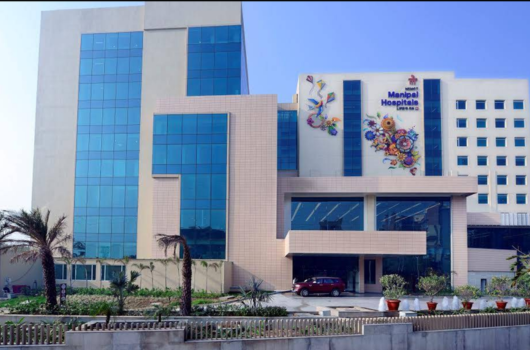
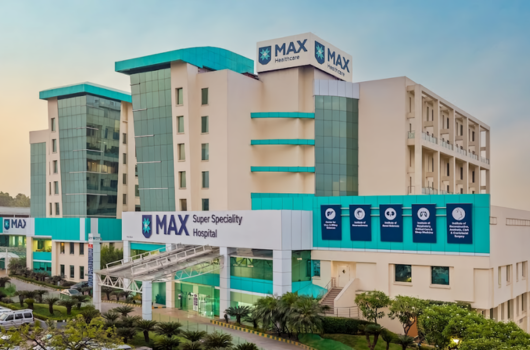
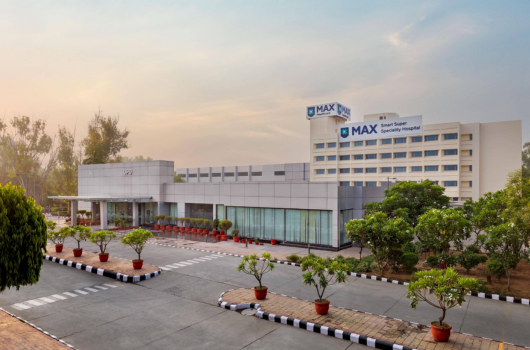
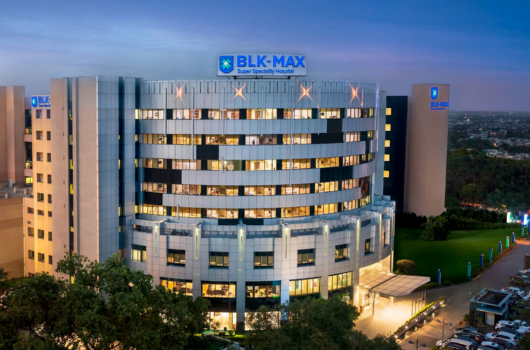
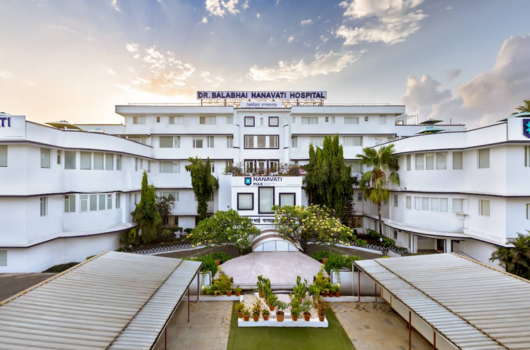
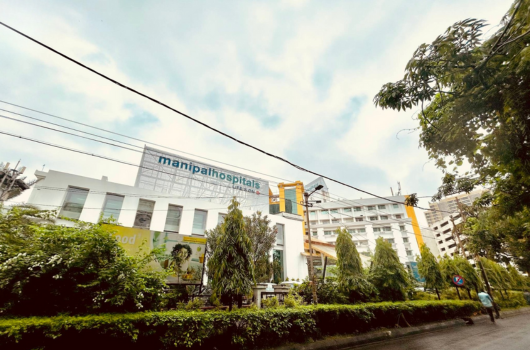
.png)

These hospitals follow international guidelines for cancer care and are equipped to support patients from various countries, from diagnosis and treatment to follow-up care after returning home.
The average cost of liver cancer treatment ranges from $8,000 to $10,500 in India and from $15,000 to $22,000 in Thailand. The final cost varies depending on factors such as the treatment type, hospital, and stage of the disease. Before reviewing the detailed cost table, it’s helpful to understand the key elements that influence these expenses.
Note: India has become a preferred destination for advanced cancer treatment, offering world-class care at a fraction of the international cost. Patients benefit from expert oncologists, modern medical technology, and affordable access to high-quality generic medicines, making treatment both effective and economical.
Note: Thailand has established itself as a premium destination for cancer treatment, offering world-class hospitals, advanced technology, and internationally trained oncologists. Patients choose Thailand not only for its high-quality medical care but also for its holistic approach, combining clinical excellence with exceptional comfort and service standards.
The above figures are approximate and can vary based on the hospital, location, and individual patient requirements. Always consult the healthcare provider for the most accurate and up-to-date pricing.
The currency conversion rates in the table above are based on data from February 2026.
For a detailed cost estimate and guidance on treatment options, patients can contact myheco to connect with leading hospitals.
The success of liver cancer treatment depends on several factors, including the stage at diagnosis, the patient's overall health, and the chosen treatment method.
In liver cancer care, “success” often means:
Renowned hospitals focus on accurate diagnosis, personalised care, and multidisciplinary treatment for liver cancer patients. Their approach often includes:
This integration of advanced technology, highly experienced specialists, and patient-focused care has significantly improved treatment outcomes and quality of life for liver cancer patients.
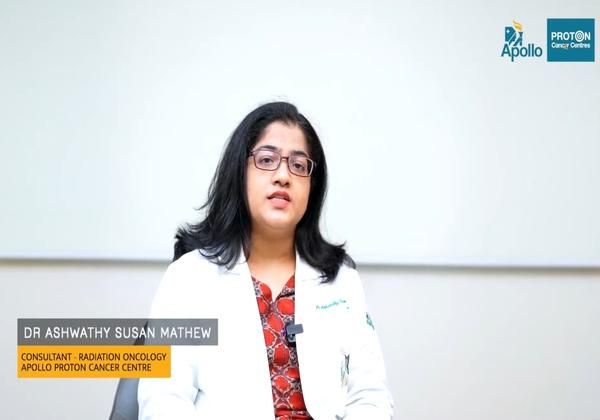
Dr. Ashwathy Susan Mathew, Consultant - Radiation Oncologist, Apollo Proton Cancer Centre, Chennai, states that:
“A patient with liver cancer may be considered for a liver transplant, particularly when tumours are detected early, are small, and meet transplant criteria. There are two types of liver transplant: deceased donor transplant, using organs from a recently deceased individual, and living donor transplant, where the organ is donated by a related living donor. In India, both procedures are widely available. Liver transplantation can effectively treat liver cancer and also address underlying liver conditions like cirrhosis, making it a curative option for eligible patients.”
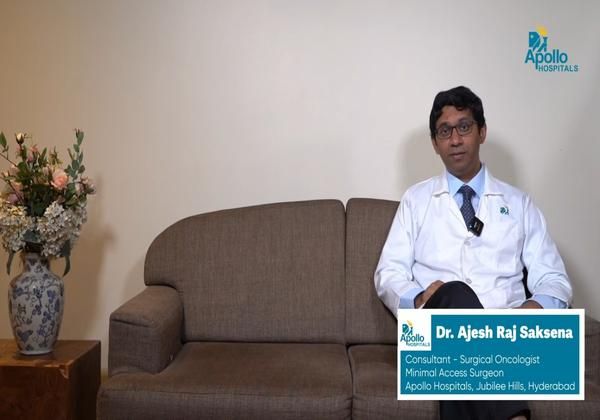
Dr. Ajesh Raj Saksena, Consultant Surgical Oncologist at Apollo Hospitals, Jubilee Hills, Hyderabad, explains:
“When liver cancer is in an advanced stage, several treatment options are available. These include chemoembolisation, chemotherapy (administered intravenously or as oral tablets), targeted therapies, radiation therapy, and immunotherapy, all of which are highly effective in managing liver cancer.”
For many patients, travelling abroad for liver cancer treatment represents a step toward hope and healing. Myheco streamlines the journey by connecting patients with leading specialists, arranging essential travel services, and offering end-to-end guidance to make treatment abroad simple and stress-free.
Choosing myheco means expert care, faster access, and comprehensive support throughout your treatment journey.
Note: Myheco does not provide medical advice.
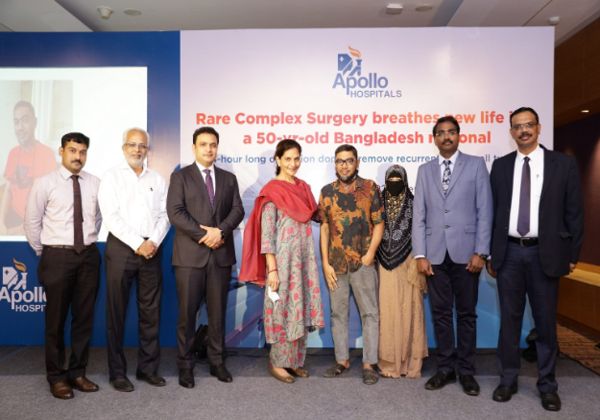
A 50-year-old man from Bangladesh was diagnosed with a rare tumour in his chest wall. At Apollo Cancer Centre, Chennai, a specialised team performed a complex surgery to remove the tumour and reconstruct the chest wall. The patient recovered well and expressed his gratitude for the care he received.

Dr. Alexandra, a paediatrician from Poland, was diagnosed with liver carcinoma and travelled to India for treatment at MGM Healthcare, Chennai, India.. She shared how the hospital’s expert team provided her with advanced care and constant support during a very challenging phase of her life. Grateful for the timely medical intervention, she expressed that the treatment not only restored her health but also gave her renewed strength and hope to continue her journey as a doctor and as a survivor.
✅ Share your medical reports
✅ Receive personalised treatment plans from leading hospitals
✅ Choose the option that suits you best
✅ Let us handle the arrangements


Early symptoms are often mild. Look for abdominal pain, swelling, unexplained weight loss, jaundice (yellowing of skin or eyes), nausea, and fatigue. This information is for general awareness and should not replace professional medical advice. Always consult a qualified doctor for proper diagnosis and treatment.
Myheco reviews your medical reports and recommends hospitals and specialists based on your condition, treatment options, and convenience. Myheco does not provide medical advice or treatment. Recommendations are based on available information and patient preferences.
We assist with pre-travel consultations, visa documentation, flight bookings, cost estimates, airport pickup, and guidance throughout your treatment journey.
Yes. Hospitals usually allow one or two accompanying family members. They can apply for a medical attendant visa.
Survival varies based on the stage at diagnosis, the type of treatment received, and the patient’s overall health. Patients diagnosed at an early stage may live for several years after treatment, while those with advanced-stage liver cancer may have a shorter survival time. Consistent follow-ups and proper care can significantly help in extending life expectancy. Survival outcomes depend on several factors and individual cases. Please consult your treating doctor for personalised information.
India has many globally recognised hospitals that specialise in liver cancer treatment. In Chennai, leading centres include SIMS Hospital, MGM Healthcare, Apollo Cancer Institute, and the Apollo Proton Cancer Centre. Bangalore is home to Manipal Hospital Main Hospital Oncology, providing multidisciplinary liver cancer care. In Delhi, leading hospitals are Manipal Hospital Dwarka, Max Hospital Saket, and BLK-Max Hospital, which offer advanced liver surgeries and liver transplants. Mumbai has Nanavati Max Hospital, known for personalised liver cancer care. In Kolkata, Manipal Hospitals EM Bypass (Medica Synergie Cancer Hospital) is recognised for advanced treatment with modern technology.
Samitivej Sukhumvit Hospital and Samitivej Srinakarin Hospital are highly recommended for liver cancer treatment. These hospitals deliver specialised care with modern surgical, interventional, and systemic therapies, ensuring personalised management for every patient.

